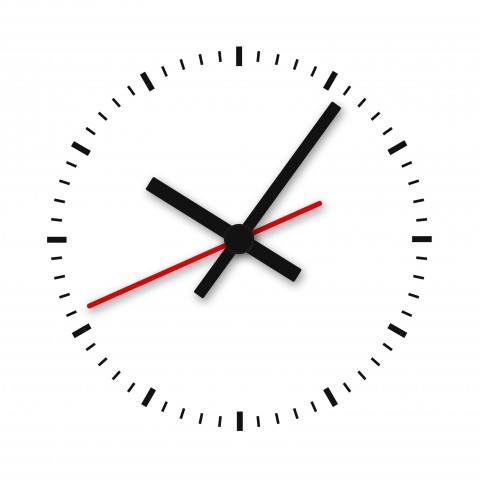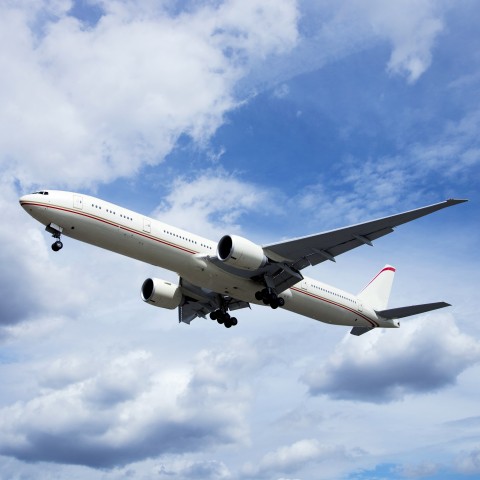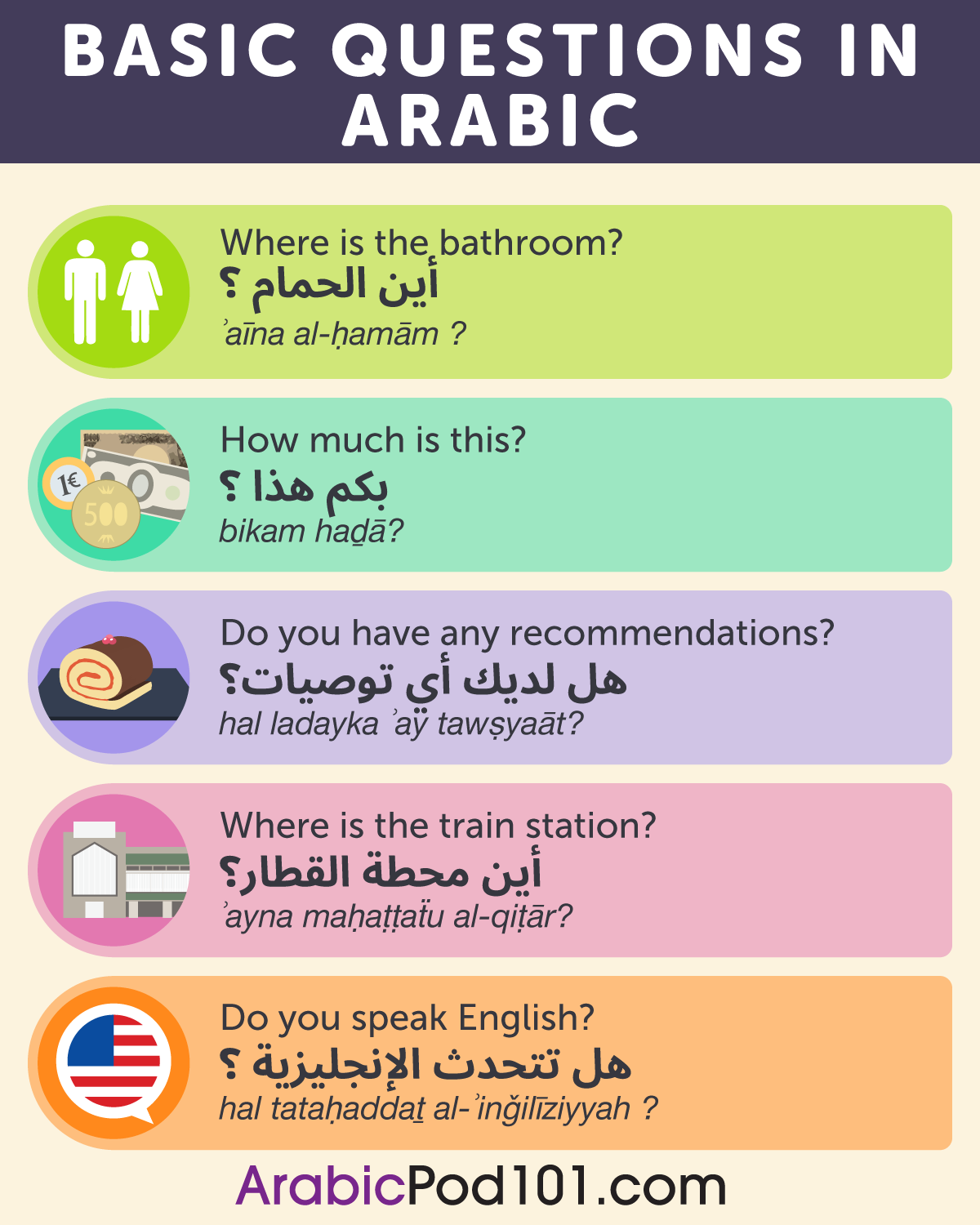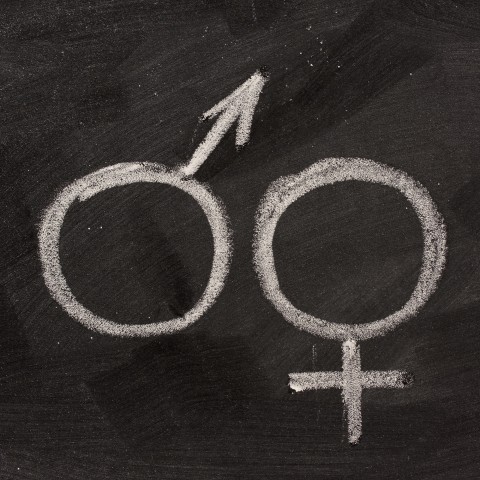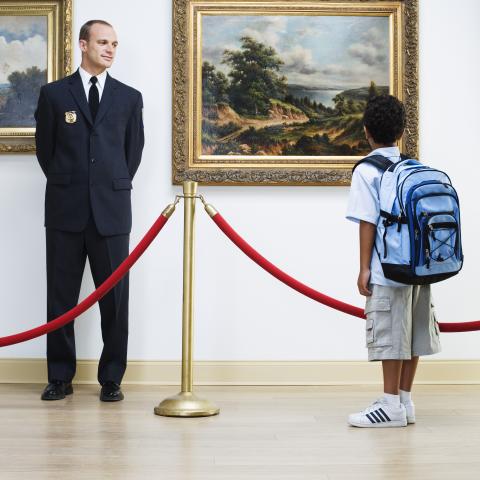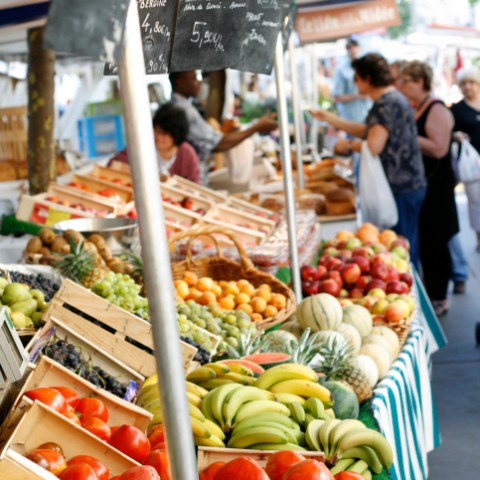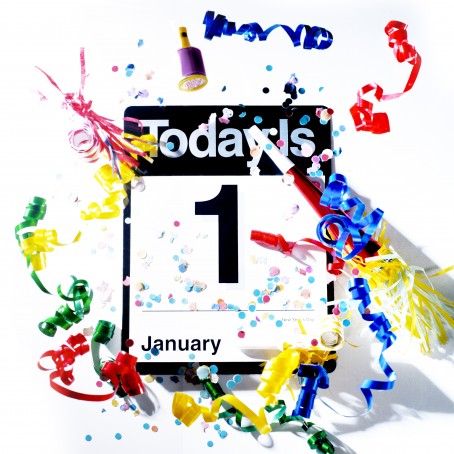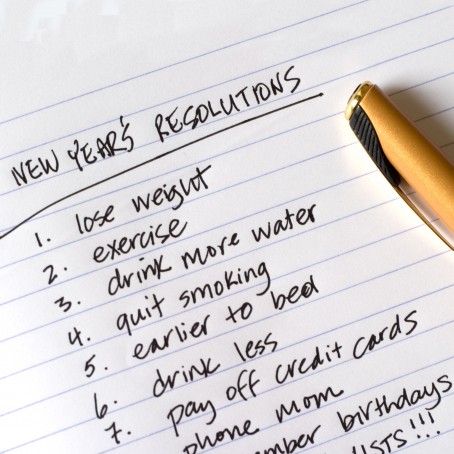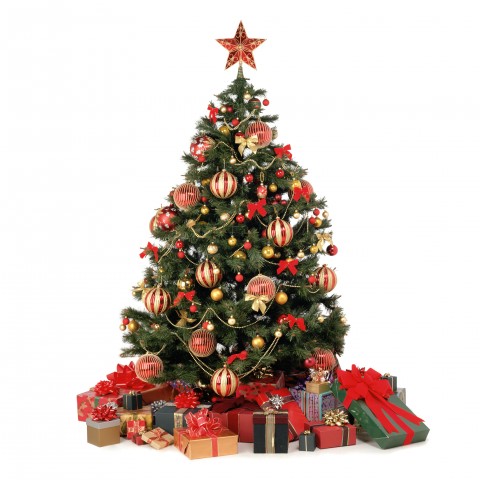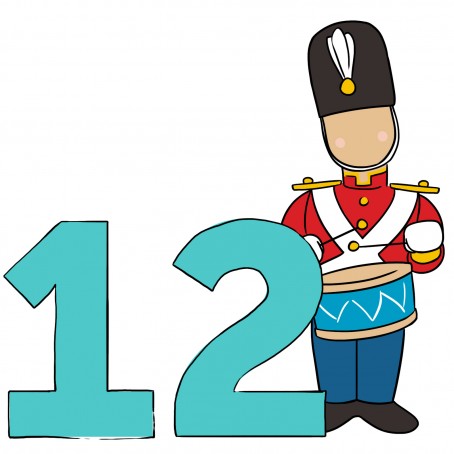
Some people say that you can study a language and never learn the grammar.
They’ve got some compelling points.
But the thing is, after enough time, your brain really will pick up a lot of the patterns of a language and you’ll be able to use it correctly and automatically.
The key concept here is “enough time,” though. As it happens, most people don’t have three years from the beginning of their studies to when they want to use it.
This is especially true of Arabic, whose grammar is different from that of English in several key ways. Why wait for your brain to trial-and-error its way into Arabic grammar when you can just learn the main differences yourself?
That’s why, in this article, we’re going to tell you just what to look for. Keep in mind that this isn’t a complete Arabic grammar guide—you’ll need to follow the links for that. Instead, it’s a kind of waypoint map for what you need to be conscious of as you slowly study and assimilate Arabic grammar into your head.
 Table of Contents
Table of Contents
- General Rules
- Parts of Speech in Arabic
- Arabic Verbs
- Arabic Nouns
- Simple Sentence Structure in Arabic
- Conclusion
1. General Rules
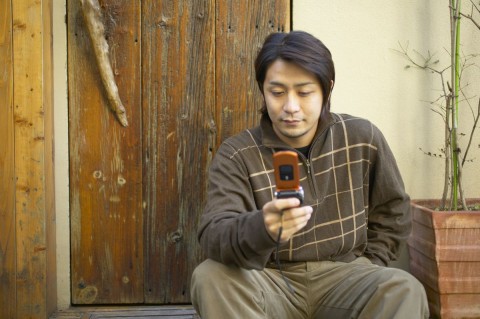
Arabic grammar is a different beast from that of English.
A lot of things are what you might call “opposite.” Not necessarily harder or easier than what you’re used to with English, but instead just starkly different.
Take word order, for example. In Classical Arabic, the verb comes first in the sentence, like this:
- تَحَدَّثتُ مَع زَوْجَتي عَبرَ الهاتِف.
taḥaddaṯtu maʿ zawǧatī ʿabra al-hātif.
“I spoke to my wife on the phone.”
Sometimes, the verb never comes at all—a topic/subject and a predicate is all that you need. These are known as “nominal sentences” in Arabic because they’re structured around nouns instead of verbs.
- رامي مُهَندِس.
rāmī muhandis.
“Rami is an engineer.”
Also, Arabic has more pronouns than English does. Unlike European languages such as Spanish or German, Arabic doesn’t have a “polite” pronoun, but it does have a dual form. This means that we have a separate word for “you” and “they” when you’re talking about exactly two people.
- أَنتُما هادِئان.
ʾantumā hādiʾān.
“You (two) are calm.”
- أَنتُم هادِئون.
ʾantum hādiʾūn.
“You (three or more) are calm.”
In Arabic grammar, pronouns also do interesting things for indicating possession, which we’ll get into a bit later.
Finally, a core concept in Arabic is the idea of word roots, where a set of two to four (usually three) consonants determine the semantic root of an idea. We then add vowels and additional consonants around that root to turn it into different words.
An illustration is worth a thousand words here. The root s-l-m means “whole,” “safe,” or “complete,” and from it has sprung a whole host of words over the centuries. These include: islam, muslim, salaam, taslim, and more.
As you learn more Arabic vocabulary, you’ll be able to use these roots as anchors for your memory.
2. Parts of Speech in Arabic
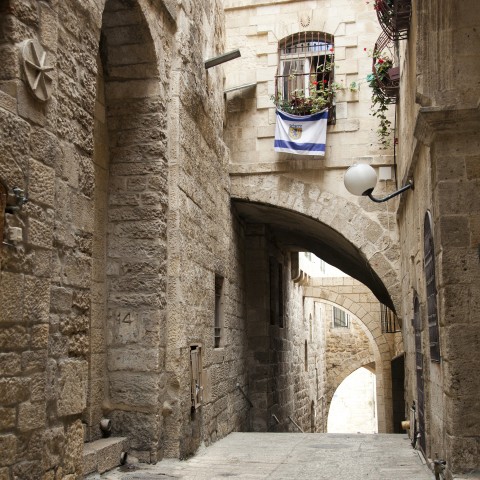
In traditional Arabic grammar study, there are three parts of speech. Sound like a small number? Arabic actually has the same parts of speech as other languages throughout the world, but they’ve been classified into just three categories according to the Quranic rules of Arabic grammar.
These are:
1. Nouns – اسم (ism)
2. Verbs – فِعل (fiʿl)
3. Particles – حَرف (ḥarf)
Nouns account for a lot of the vocabulary in Arabic grammar, covering what we know in English as nouns, pronouns, adjectives, and adverbs.
Verbs, of course, are the same type of words that you’re used to in other languages. In Arabic, verbs have additional “powers” that deserve their own section (or really, their own article).
Similar to English or German, Arabic verbs can be either “strong” or “weak” (though some people prefer to describe them as “whole” or “broken”) based on their patterns of sound change.
In English, we don’t really have ‘particles,’ though they do exist in many languages of Asia. The concept of a particle in Arabic refers to prepositions, prefixes, conjunctions, and articles.
3. Arabic Verbs

When you’re putting your ideas together in Arabic, you’re going to need some verbs to do so. Although it’s actually possible to make sentences in Arabic without using any verbs, learning and mastering the verb system is an integral part of learning any Arabic beyond simply pointing and grunting.
One interesting thing to note right off the bat is that, in Arabic grammar, verbs are gendered. This is a trait shared by other Semitic languages such as Hebrew. It means that as you speak, you have to take care to use the proper conjugations for men or women depending on your own gender and the gender of your subject.
Another feature that English speakers will find new and interesting is the concept of the dual. This one’s easy to pick up, though. In Classical and Modern Standard Arabic, the dual is a conjugation of a verb designed specifically for two people or two things. So, for one person or thing you use singular; for two, you use dual; and for three or more you use plural.
The tenses are simpler than those in English by far, though they can cause a bit of confusion at times. Arabic doesn’t have a perfect tense corresponding to the English “had done,” so you might get stuck sometimes in longer sentences when you’re looking for just the right way to express a thought you have in English.
In fact, there are only three tenses: the past, present, and future.
However, there are a number of moods, such as the subjunctive, the indicative, and even the jussive—a sort of polite way to give commands in the third person.
- لِيفعَله
li-yaf‘al-hu
“Let him do it.”
Conjugating verbs in Arabic can be different from what you’re used to with European languages. In languages like Spanish, Italian, and French, verbs conjugate with a series of regular changes to the ending or the root.
In Arabic, you have to also look at the beginning of the word.
For instance, “I write” is aktubu while “he writes” is yaktubu. But saying “they (men) write,” you modify the beginning and ending: yaktubuuna.
This just takes a bit more processing power to deal with at speed when you’re reading Arabic text or listening to the spoken language. It all comes with time.
4. Arabic Nouns

In Arabic grammar, nouns have gender, number, and case, similar to languages like German, Latin, or Russian. The good news is, Arabic only has three cases: nominative, accusative, and genitive.
The genitive case in Arabic is used after prepositions and also to show possession and disambiguation. Genitive sentences in Arabic are quite a bit more common than they are in European languages, interestingly enough.
- قِطَّةُ الْبِنْتِ في الحَديقَةِ.
qiṭṭaẗu l-binti fī al-ḥadīqati.
“The girl’s cat is in the garden.”
- رَنَّ جَرَسُ البابِ.
ranna ǧarasu al-bābi.
“The doorbell rang.”
It’s important to note that the cases in Arabic become greatly simplified when you start learning colloquial varieties such as Egyptian Arabic or Saudi Arabic. Simplified to the point that case endings get totally dropped!
5. Simple Sentence Structure in Arabic

Now that we’ve gotten a closer look at the most important details about Arabic nouns and verbs, it’s time to start learning how to put them together.
Working with simple sentences is a great way for beginners in any language to familiarize themselves with the Arabic grammar basics in this regard. It shows you, in context, how words fit together to turn into ideas. The sentence is a complete encapsulation of a thought. Once you understand how they work, you can start making your own.
In fact, learning Arabic with sentences is kind of like a puzzle game. Look at these three phrases carefully.
- أَيْنَ أَنت؟
ʾayna ʾant?
“Where are you?”
- مِن أَيْنَ أَنت؟
min ʾayna ʾant?
“Where are you from?”
- أَيْنَ المَطار؟
ʾayna al-maṭār?
“Where is the airport?”
Just by looking at the first one, you probably wouldn’t know what أين means. However, by carefully examining the other sentences along with their translations, you can start to learn, by process of elimination, the words for “where,” “from,” “you,” and “airport.”
When you’re dealing with a language like Arabic, which has a lot of differences from English, starting with simple sentences as anchors is a great way to get a good grasp of how your mind needs to function in order to understand the new language. For example, you can see that “where are you” is formed in the same way in Arabic and English, but “where are you from” takes a bit of a turn as “from” goes to the front of the sentence in Arabic.
6. Conclusion
The key study strategy to take home from this is that no matter how convoluted Arabic grammar might seem now, it can be broken down into manageable parts.
This is especially true with Modern Standard Arabic, which is where most of the “really hard stuff” comes from anyway. You can definitely take the slower road of input first, output second there. After all, who would require a first- or second-year student to produce flawless original text in MSA anyway?
By carefully dissecting the sentences and then understanding them as complete expressions of meaning, you’ll assimilate the grammar and syntax of Arabic in a thoughtful, methodical way. Balance grammar study like this with solid examples to memorize, and you’ll be up and running in no time.
Which aspects of Arabic grammar were new to you today, and which ones seem the most difficult so far? We’d love to hear from you in the comments.



















 Table of Contents
Table of Contents


